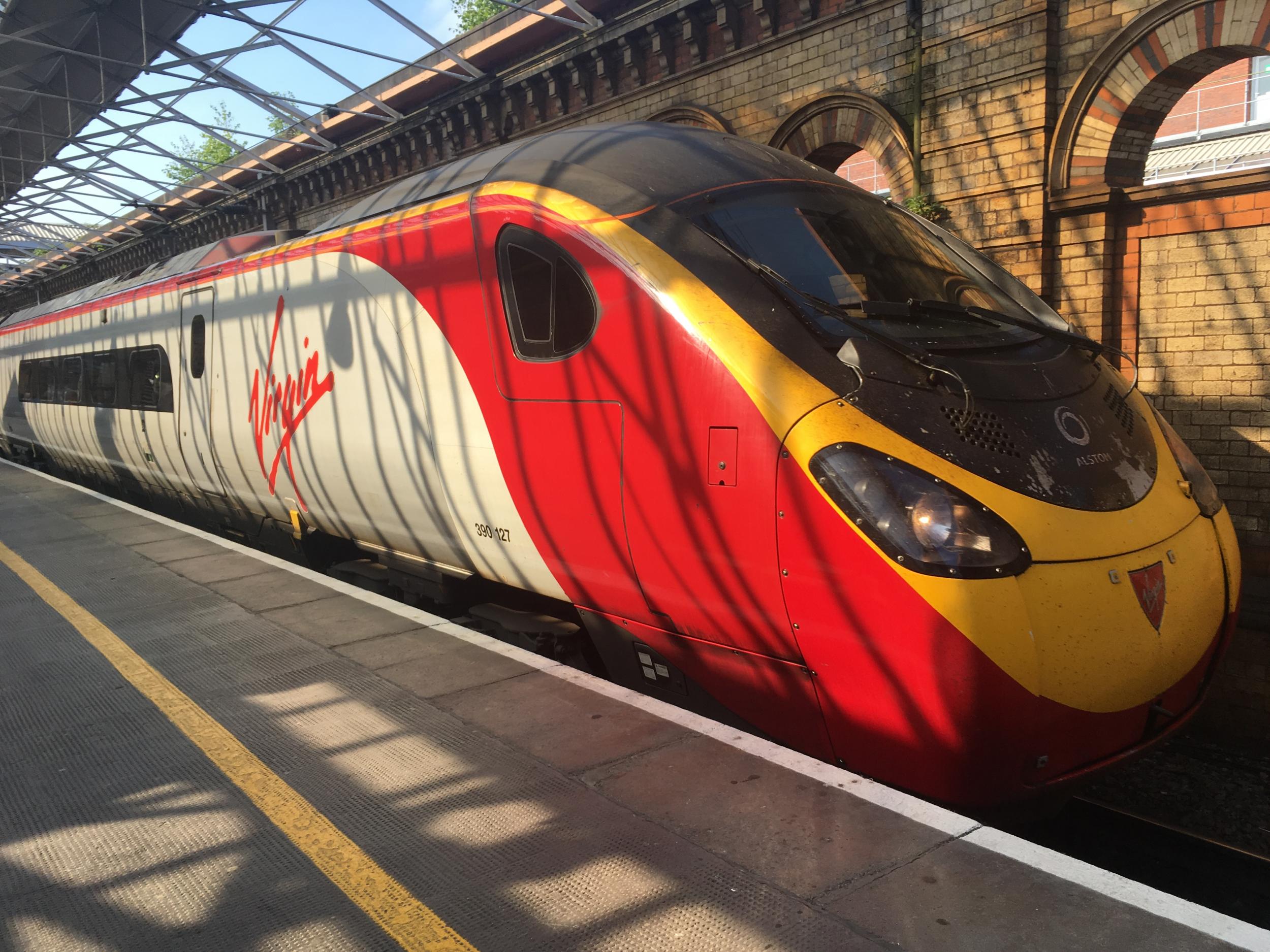Stagecoach shunted into rail franchising siding in row over pensions that once again exposes the flaws in privatisation
The Pensions Regulator says the Railways Pension Scheme needs a substantial inejection of funds

Your support helps us to tell the story
From reproductive rights to climate change to Big Tech, The Independent is on the ground when the story is developing. Whether it's investigating the financials of Elon Musk's pro-Trump PAC or producing our latest documentary, 'The A Word', which shines a light on the American women fighting for reproductive rights, we know how important it is to parse out the facts from the messaging.
At such a critical moment in US history, we need reporters on the ground. Your donation allows us to keep sending journalists to speak to both sides of the story.
The Independent is trusted by Americans across the entire political spectrum. And unlike many other quality news outlets, we choose not to lock Americans out of our reporting and analysis with paywalls. We believe quality journalism should be available to everyone, paid for by those who can afford it.
Your support makes all the difference.Rail operator Stagecoach has been shunted into a siding amid the emergence of another calamity for Transport Secretary Chris ‘failing’ Grayling courtesy of the latest round of rail franchising.
The worst secretary of state in British political history has been forced to further delay the award of the South Eastern franchise, while at the same time blocking Stagecoach from bidding for three of them in the wake of a fierce row over pensions.
Stagecoach runs rail services singly and through its near 50 per cent stake in Virgin Trains, but the decision by Grayling’s Department for Transport has raised questions over whether it will be in the business for very much longer.
At issue is the funding shortfall in the Railways Pension Scheme. The Pensions Regulator thinks that up to £6bn may be needed to plug it.
The government wants the rail companies to pony up, and there’s a certain logic to its position. If you’re running a privatised industry you should take on the risks inherent in doing so.
The rail companies, whose model has long been based on having their cake and eating it, disagree. There is a certain logic to their position too. They point out that they can’t possibly hope to manage long term financial risks over which they have no control while running (relatively) short term franchises.
The debate is both complex and technical, as they often are when it comes to pensions, and none of those involved in it are entirely in the right, including the regulator.
It’s much less important than the fact that it once again brutally exposes the flaws inherent in the rail franchising system, a dead horse that successive governments have been flogging for far too long.
There are two ways you can attack that issue, which is currently the subject of an independent review being led by Keith Williams. You can institute reforms that keep privatisation more or less intact and hope the system works better under them. This what people like Stagecoach boss Martin Griffiths would like to see happen.
Alternatively, you could simply accept that privatising the real industry was a mistake that has failed passengers, workers and taxpayers, and scrap it.
There are wise old sages who would at this point seek to remind us that British Rail didn't exactly deliver an efficient and well run service when it was in charge.
But it’s also worth remembering what happened when the East Coast Mainline found itself back in government hands.
The results were actually quite positive. The temporarily nationalised franchise even started to return money to the taxpayer. Only a failed dogma led to its return to the private sector.
Join our commenting forum
Join thought-provoking conversations, follow other Independent readers and see their replies
Comments